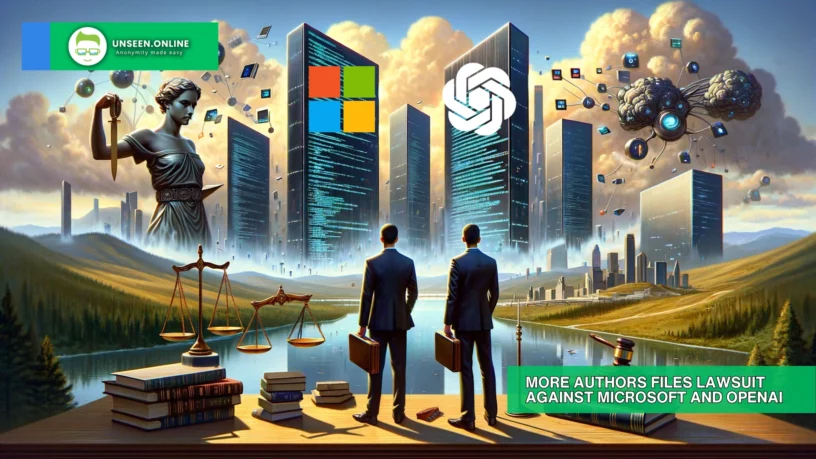Two authors, Nicholas Basbanes and Nicholas Gage, have taken legal action against tech giants Microsoft and OpenAI. In a class-action lawsuit filed in Manhattan federal court, the authors accuse both companies of using their literary works without permission to train artificial intelligence models.
According to Reuters, the plaintiffs allege that their copyrighted material was used “to build a massive commercial enterprise that is now valued at billions of dollars.” They claim the firms “engaged in a massive and deliberate theft of copyrighted works.”
This lawsuit adds to a growing list of legal challenges facing Microsoft and OpenAI. Previously, in November, author Julian Sancton filed a similar lawsuit in the same court, marking the first joint legal action against both entities. Microsoft, a significant investor in OpenAI, incorporates OpenAI’s technology in its AI product, Copilot.
Another notable lawsuit came from The New York Times last month. The publication sued both Microsoft and OpenAI, alleging unauthorized use of its content in training AI models. The Times argued that the AI tools “can generate output that recites Times content verbatim, closely summarizes it, and mimics its expressive style,” without permission or compensation.
However, not all media outlets oppose their content being utilized for AI training. The Associated Press has granted OpenAI access to its news stories for two years for AI training purposes. Similarly, Politico and Business Insider have made agreements with the companies to use their content for future AI model training. This mixed response highlights the complex legal and ethical landscape surrounding the use of copyrighted material in AI development.







